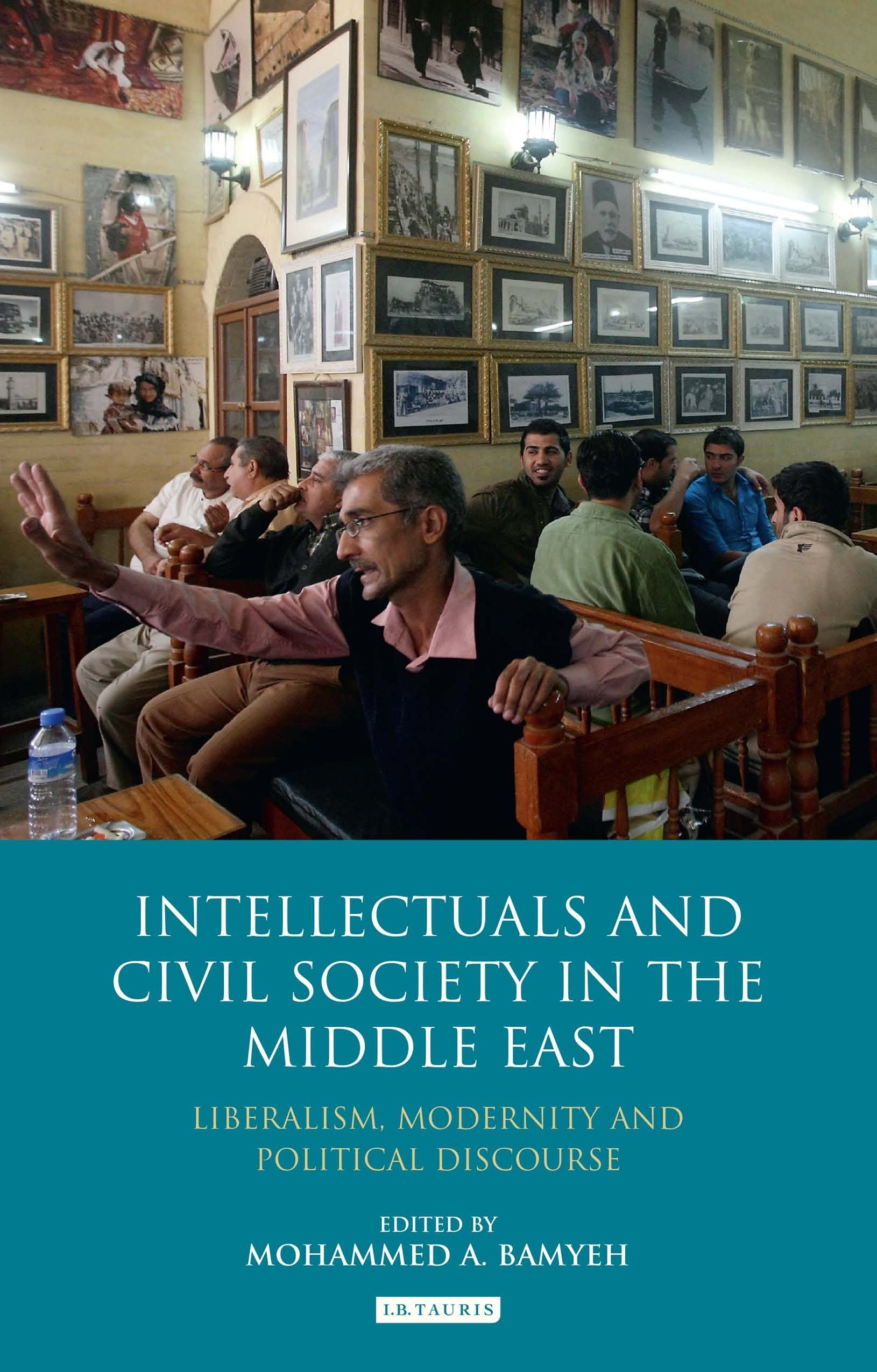Intellectuals and Civil Society in the Middle East
Intellectuals and Civil Society in the Middle East
What is the nature of intellectual activity in the Middle East, and what is its role in politics and society? While much scholarly attention has been given to the intelligentsia in the West, a comprehensive analysis of the social role of intellectual...
Read more
What is the nature of intellectual activity in the Middle East, and what is its role in politics and society? While much scholarly attention has been given to the intelligentsia in the West, a comprehensive analysis of the social role of intellectuals in the Middle East has until now been lacking. Intellectuals and Civil Society in the Middle East seeks to fill this gap, providing an overview of the role of influential thinkers in public life in the Middle East, and the impact they have had upon social, political and cultural spheres in the region. It looks at how intellectuals connect to social movements, 'street politics' and civil society, and democracy and its prospects in the region. Exploring themes of alienation, organic belonging and vanguard, it also raises important questions as to what makes a public intellectual 'heard' and relevant to the society they speak for and to. Here, Mohammed A. Bamyeh brings together an analysis of a diverse range of thinkers, fromacclaimed academics such as Edward Said and Mohamed Arkoun, reassessing their roles asprominent Arab figures in the West, to Mahjar writers such as Halim Barakat or Hisham Sharabiand activist scholars like 'Abd al-Ghani al-Nabulusi. This book also opens a door to lesser-known yet influential figures such as Necip Faz?l K?sakürek, who is credited with a founding role in Turkish Islamism but remains obscure outside of Turkey. By examining the activities of public intellectuals, this book also provides fascinating snapshots into the defining moments and movements of recent Middle Eastern history, from feminist nationalist struggle in earlytwentieth-century Syria to Jewish social reformism in Cairo during the Nahda era. It tackles themes whose significance will continue to resound across the region, such as the balance between modernity and tradition and encounters between East and West, looking at the ways in which they have been articulated and negotiated in literature, politics and society at large. This is an important new contribution to the literature on Middle Eastern societies and politics, and will be a useful resource for students of the Middle East and the History of Ideas.
Less
